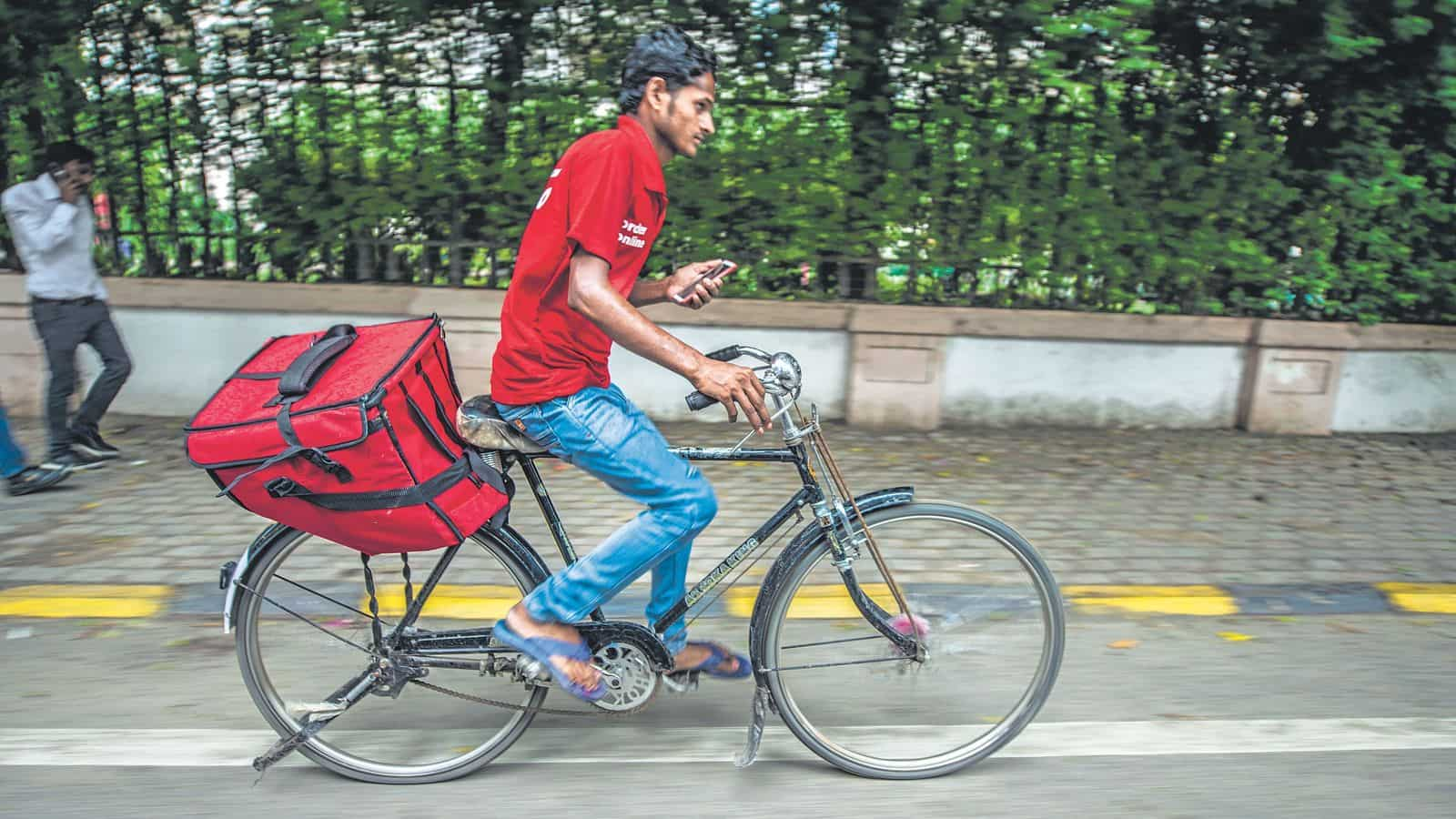Author: LexQuest Foundation
-
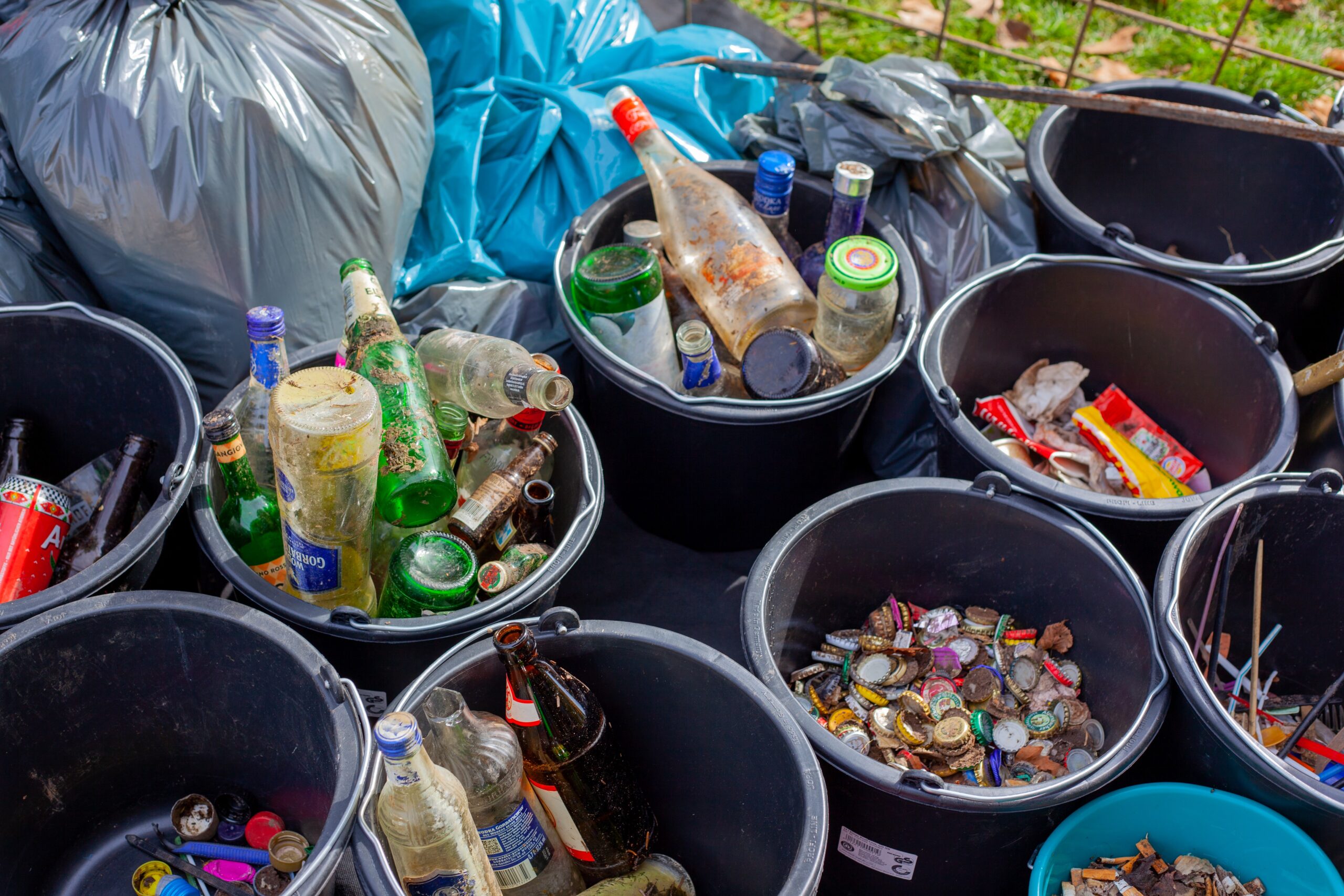
Urban Waste Management Initiative
The four metropolitan cities of India account for 2.44 percent of the country’s overall population. Rapid urban sprawl combined with rampant population growth in Delhi, Mumbai, Chennai, and Kolkata has exacerbated waste segregation which stands as the biggest hurdle in creating sustainable cities in the country. In this context, the waste management scenario in Delhi presents…
-

Policy Advocacy: A collaborative and democratic approach to solving societal issues in India
Policies are clear plans about how a social, political, or economic vision will be achieved and how ideas will be implemented as actions. Policy advocacy can be defined as efforts taken by organizations or groups of individuals to promote a governmental policy and champion it with the help of resources such as groundwork, detailed research,…
-

Deciphering the Status of the Electoral Bonds Scheme
As the country geared up for the State Assembly Elections in West Bengal, Tamil Nadu, Kerala, Assam, and Puducherry recently, a new wave of political rebuttal surfaced after the Supreme Court reserved its order on a plea that demanded a stay on the sale of electoral bonds. An electoral bond is a promissory note that…
-

Gender Samvaad, 2021: A Step Towards Equity and Equality
Beena Paul, a trained mason and a part of the construction industry in Kerala and also the president of the Self Help Group [SHG] that undertakes construction work in the city of Ernakulam which includes renovating parking areas, construction of houses in the panchayat, and many other important construction activities, finds herself grateful to NRLM…
-
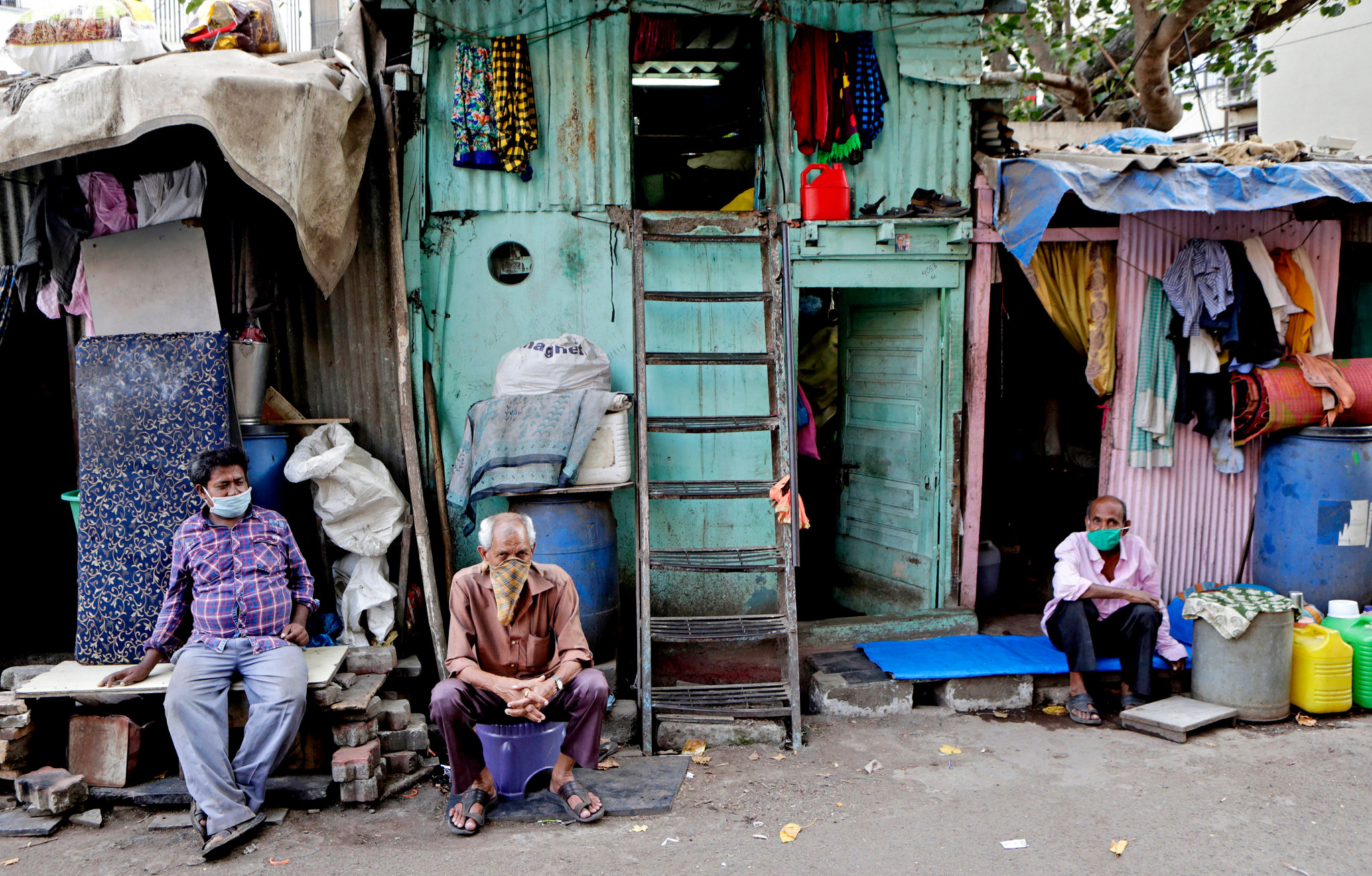
Urban Slums in India: Improving Redevelopment and Relocation Policies
Overall 6.5 crore of India’s urban population resides in slums. Notably, the majority of the slum population comprises the informal sector labor force who are employed in low-paying jobs. Due to the migration of people to urban areas in search of employment, slums spring up in Indian cities within a matter of days. With an…
-
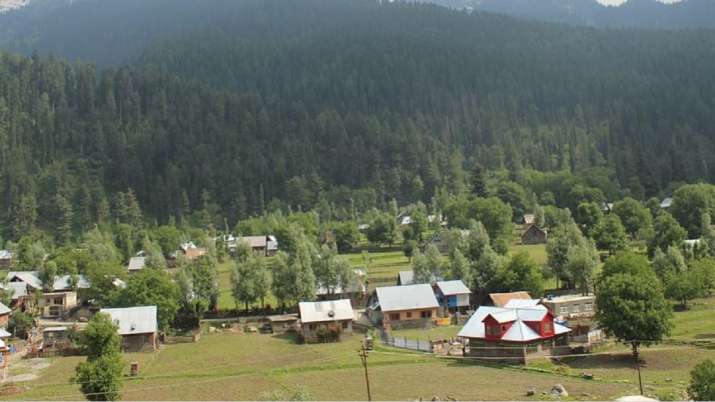
Roshni Act: Understanding the Contours of the Land Development Scheme of J&K
The Jammu and Kashmir State Lands (Vesting of Ownership to the Occupants) Act, 2001 was enacted to vest the ownership rights to the occupants of the State Land with an ambitious objective of meeting the chronic power crisis of Jammu and Kashmir. Since the object of the Act was to use the proceeds of the…
-
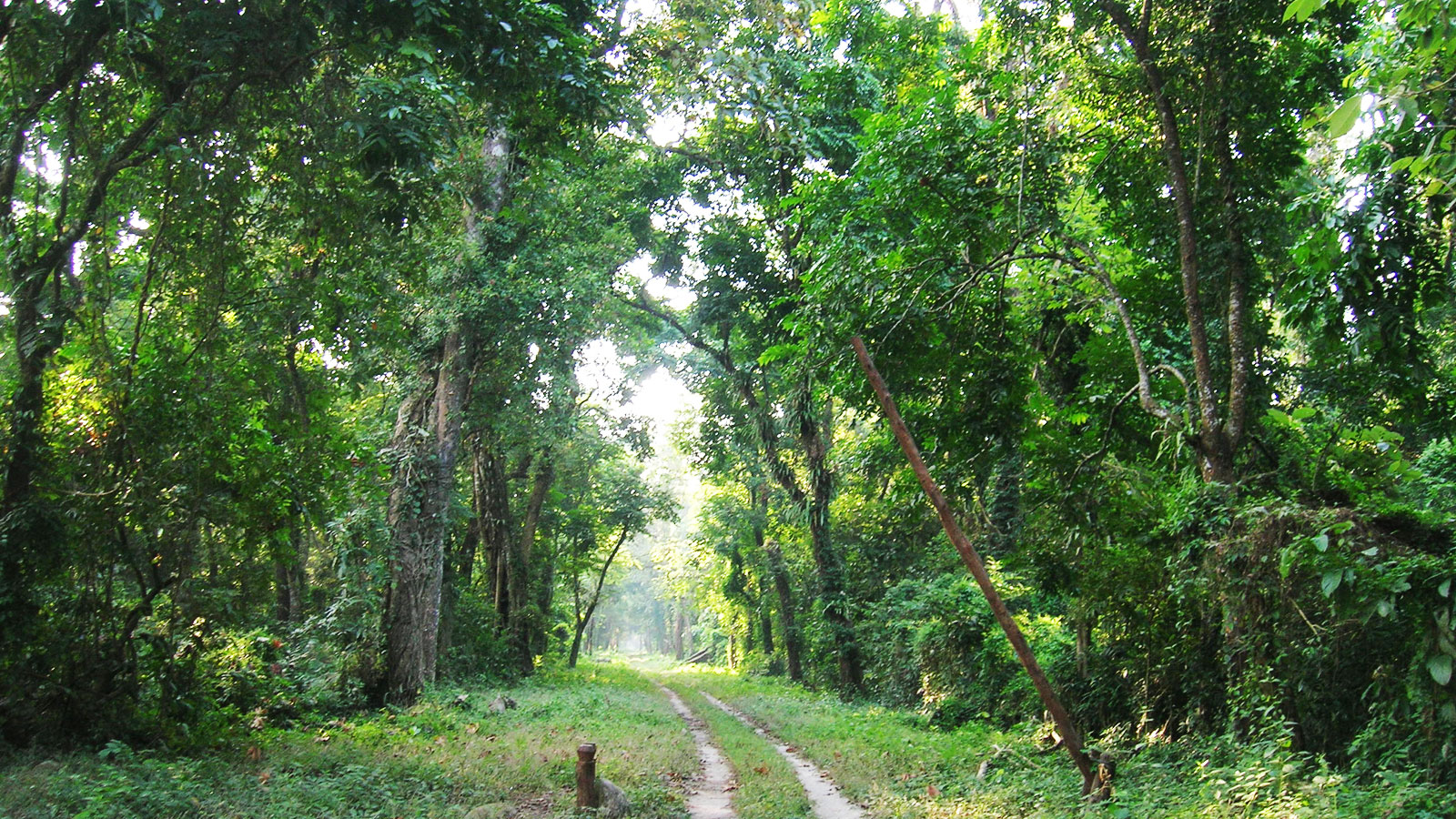
The Scheduled Tribes and Other Traditional Forest Dwellers (Recognition of Forest Rights) Act, 2006
India’s colonial and post-colonial government systematically denied millions of tribal and forest-dwelling communities’ rights to their forest lands and resources. As a result of protracted grassroots struggle, the Scheduled Tribes, and Other Traditional Forest Dwellers (Recognition of Forest Rights) Act, 2006, also known as the Forests Rights Act (FRA), 2006 is a remarkable piece of…
-

Retrofitting Buildings in India: Balancing the Goals of Sustainability and Social Equity
Retrofitting is the process of making additions to or alterations of existing structures. In the context of buildings, retrofitting would involve making modifications to the existing building stock in an attempt to make it more energy-efficient, reduce its seismic vulnerability or adopt it as a component of hazard mitigation in general. It is important to note…
-

Matters of Legislation: Dynamics between the Centre and the States
Did you ever raise an eyebrow over the fact that India with its strong federal structure is not a federation? For a sovereign nation to be called a federation, the legislative powers between the Centre and the States need to be divided in an independent manner such that they remain within their sphere. Unlike the…

